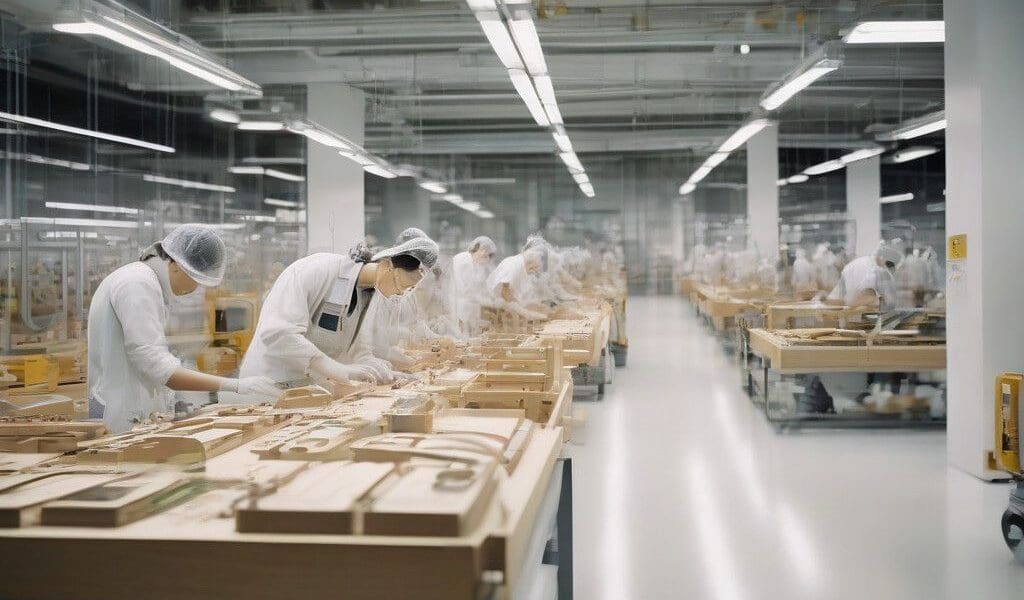### Apple Expands iPhone 16 Production to Brazil: A Strategic Move in Manufacturing
The iPhone 16 series officially launches globally today, marking a pivotal point in Apple’s production strategy as the company expands its manufacturing footprint to include Brazil. This strategic decision highlights Apple’s efforts to mitigate reliance on traditional manufacturing hubs like China and India, addressing supply chain vulnerabilities and economic factors.
Historically, Brazil has been a significant market for Apple, yet the country’s high import tariffs have posed challenges for the tech giant. By opening a production line at Foxconn’s factory in Jundiaí, São Paulo, Apple aims to circumvent these tariffs and ensure faster access to its products for Brazilian consumers.
Brazil’s Role in Apple’s Production Landscape
Brazil’s participation in the iPhone’s production timeline is noteworthy. Previously, the country was involved in assembling older iPhone models post-initial production in China. However, the iPhone 16 is being mass-produced domestically right from the launch phase—a first for Apple. This move not only allows for quicker market penetration but also aligns with a broader goal of diversifying its supply chain to reduce dependence on any single region.
Foxconn’s factory in Brazil was already operational with past models, but the inclusion of the new iPhone 16 marks a strategic enhancement. It reflects Apple’s intent to capitalize on local consumer preferences, which generally lean towards entry-level iPhone models. As such, the Jundiaí facility will focus on producing the base model of the iPhone 16, capturing a segment of the market that has shown substantial demand for affordable yet high-quality devices.
The Technology and Economic Implications
This expanded production strategy does not merely benefit Apple; it impacts the broader economic landscape in Brazil. The factory’s operational ramp-up will likely create new jobs and contribute to local economic growth. Furthermore, Apple’s presence may attract further investments in infrastructure and technology, enriching Brasil’s manufacturing capabilities.
Addressing Supply Chain Challenges
The decision to produce the iPhone 16 in Brazil also serves as a strategic response to the recent disruptions faced globally due to various factors, including geopolitical tensions and pandemic-related challenges. By tapping into Brazil’s manufacturing potential, Apple seeks to create a more resilient supply chain capable of withstanding future shocks.
In recent years, Apple has increasingly recognized the need to diversify its production. This is noticeable with its moves in both Brazil and India, where the company has begun producing iPhone 16 Pro and Pro Max models. Such strategies not only foster regional development but also help the company maintain its competitive edge in the global smartphone market.
Conclusion
Apple’s expansion of iPhone 16 production to Brazil represents more than just a manufacturing milestone; it signals a watershed moment in the company’s strategy to adapt to dynamic market conditions. By investing in local production, Apple can enhance its presence in one of the world’s largest smartphone markets, provide quicker access to its products, and navigate economic challenges more effectively. This move showcases the tech giant’s commitment to localized production strategies while leveraging Brazil’s growing market potential.
The success of this manufacturing initiative will essentialize how other global companies approach their production strategies in emerging markets—an essential evolution in the face of ongoing global changes.
Apple, through this strategic pivot, not only reinforces its commitment to Brazil but also sets a precedent for future production strategies in a rapidly changing economic landscape.








